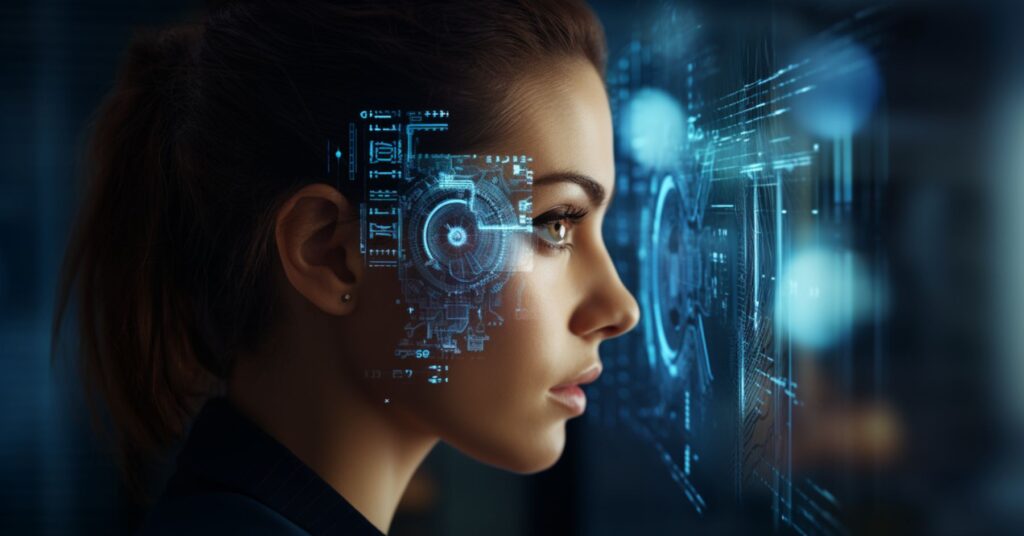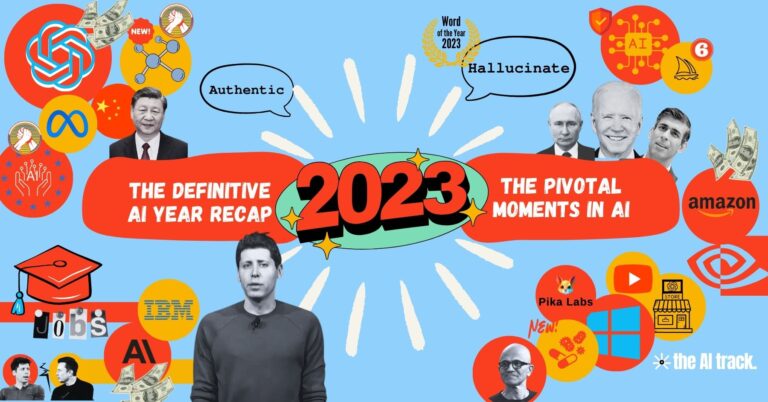Jump to Sections
Redefining Rider Experience with Augmented Reality
AI-Driven Eye Scans is a proof that the world of ophthalmology is on the cusp of a significant transformation, thanks to the integration of artificial intelligence. AI-Driven Eye Scans are not just a technological advancement; they represent hope for millions suffering from eye diseases.

The Growing Concern of Eye Diseases
Eye diseases have been on the rise globally. Between the ages of 18 and 65, the leading causes of blindness are diabetic eye disease and age-related macular degeneration (AMD). With the increasing aging population, these numbers are set to grow exponentially. The challenge lies in early detection and timely intervention.
Optical Coherence Tomography (OCT) | AI-Driven Eye Scans
OCT scans (AI-Driven Eye Scans) have been a game-changer in the field of ophthalmology. These scans offer a detailed view of the retina, allowing doctors to diagnose and treat eye diseases at an early stage. However, interpreting these scans requires expertise, and with the volume of patients, it’s becoming a challenge for the medical community.
DeepMind’s Intervention with AI
Enter DeepMind’s AI-Driven Eye Scans. Collaborating with leading ophthalmologists, DeepMind developed an AI system that can analyze OCT scans with precision. The system is trained on thousands of scans, making its diagnostic capability comparable to seasoned ophthalmologists. The AI doesn’t just identify diseases; it predicts their progression, allowing for timely interventions.
The Broader Implications of AI in Ophthalmology
The integration of AI in ophthalmology goes beyond diagnostics. It offers the potential to personalize treatment plans based on individual patient data. Moreover, with continuous learning, the AI system’s accuracy and efficiency will only improve over time.
AI in Healthcare: The Path Forward
AI has already made significant contributions to healthcare, and besides AI-Driven Eye Scans, there are many promising new AI tools on the horizon. Here are just a few examples:
- DeepMind’s AI can predict patient outcomes 48 hours earlier than human doctors, giving clinicians more time to intervene and improve patient outcomes.
- IDx’s AI can detect diabetic retinopathy on par with expert ophthalmologists, helping to prevent blindness in people with diabetes.
- Viz.ai‘s stroke-detecting AI can identify blockages minutes after a scan, helping to save lives by ensuring that patients receive the treatment they need quickly.
- Researchers at NYU have unveiled NYUTron, a cutting-edge AI model that can make critical predictions based on medical notes, such as a patient’s risk of developing sepsis or pneumonia.
- A magnifying lens equipped with AI technology can rapidly detect skin cancer in patients, helping to ensure early diagnosis and treatment.
- K Health’s AI chatbot is revolutionizing the diagnostic process by serving as a digital assistant to doctors, helping them to diagnose and treat patients more efficiently and effectively.
- Google’s Med-PaLM 2 is taking healthcare interactions to uncharted territories by closing the gap between patients and medical insights, particularly in regions where physician access is limited.
These are just a few examples of the many ways in which AI is transforming healthcare. As AI continues to develop, we can expect to see even more innovative and impactful applications of this technology in the years to come.
Conclusion: The Future is Bright – Challenges and Ethical Considerations
With AI-Driven Eye Scans, the future of ophthalmology looks promising. As technology continues to evolve, it will undoubtedly play a pivotal role in shaping the future of eye care, ensuring that patients receive timely and accurate care.
Still, there are important challenges to be met:
- One important challenge is to ensure that AI systems are fair and unbiased. AI systems are trained on data, and if that data is biased, the AI system will be biased as well. It is important to carefully curate training data and to develop methods for detecting and mitigating bias in AI systems.
- Another important challenge is to ensure that AI systems are used in a way that respects patient privacy and autonomy. Patients should have control over their own data and should be able to choose whether or not to participate in AI-powered research or treatment.
- Finally, it is important to ensure that everyone has access to the benefits of AI in healthcare. AI systems should be affordable and accessible to people in all parts of the world, regardless of their income or location.
By addressing these challenges, we can ensure that AI is used to improve ophthalmology and eye care for everyone.
Key Takeaway
AI-Driven Eye Scans are set to redefine ophthalmology. With the potential to revolutionize diagnostics and treatment, the future of eye care looks brighter than ever.






